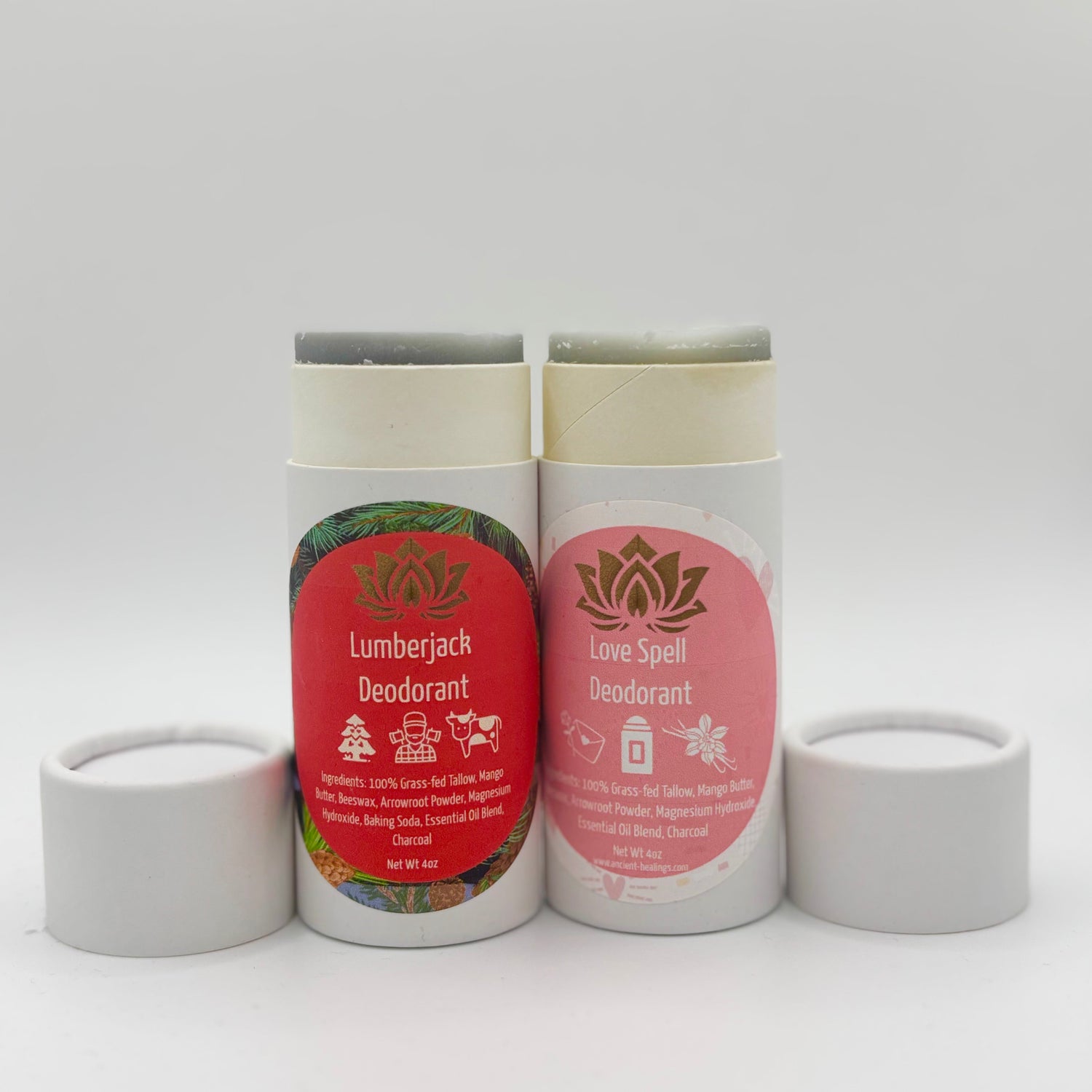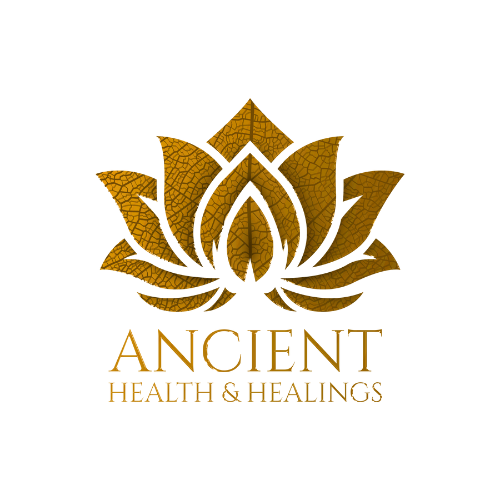As we head towards colder weather, we're all going to start picking up winter weather illnesses.
Over-the-counter cough syrups, throat lozenges, and menthol rubs line our medicine cabinets, but are they really curing our coughs, or just masking symptoms and heaping on side effects?
It's 2025, OTC staples need a good hard look at in the face of the natural remedies that have stood the test of time.
Many OTC cough medicines have little evidence of effectiveness. In fact, one review suggests their main “benefit” often comes from the sweet syrup and placebo effect rather than any active drug. So your nighttime cough syrup might not be doing much more than a spoonful of SUGAR.
Some OTC meds carry risks, especially if overused. Multi-symptom cold syrups often pack several drugs in one, raising the chance of accidental double-dosing (e.g. taking two products with acetaminophen). And certain ingredients can cause serious side effects: for example, in young children some cough medicines can slow breathing or even be life-threatening.
And we've already heard all the Tylenol drama in the past few weeks for pregnant women.
Check the label of your typical cough syrup and you’ll often find artificial dyes and flavors. Case in point: the FDA recently banned FD&C Red No. 3 (a dye used in some “cherry” syrups) after studies linked it to cancer in animals.
Do artificial colors make medicine more effective? Nope, just more visually appealing.
And then there have been alarming incidents that make you question some OTC products’ safety. In 2022, contaminated cough syrups led to the tragic deaths of dozens of children overseas. And in the U.S., an FDA advisory panel found that a popular decongestant (phenylephrine, found in many cold meds) is no better than a placebo. It’s a reminder that “over-the-counter” doesn’t always mean “proven and perfect”, and that we should only use pharmaceuticals as a last resort.
Now let's turn our attention to menthol rubs. That comforting chest rub (think classic mentholated ointments) isn’t without issues. Key ingredient camphor can be toxic if swallowed, even a small amount may trigger seizures or worse in a child.
Plus, the petroleum jelly base isn’t meant for internal use: routinely slathering it under the nose can, over time, cause a rare form of pneumonia from inhaling grease (No wonder regular VapoRub is marked “for ages 2 and up” and “external use only”!).
Sore throat remedies typically include numbing sprays or lozenges often rely on benzocaine, a local anesthetic which can sometimes cause methemoglobinemia, a rare but dangerous condition that reduces oxygen in your blood. The FDA has warned about this, especially in infants. A numb throat might feel better momentarily, but it’s not worth risking a blue baby!
Given all this, it’s no surprise that more people are turning back to traditional remedies. Our great-grandparents didn’t have neon-colored syrups, they used kitchen herbs and simple concoctions. For congestion, a classic folk remedy was a chest rub made from animal fat (like goose grease or tallow) mixed with menthol-rich herbs. Yes, literally rubbing warmed goose grease on the chest, messy, but it helped!
Fast forward to today: we’ve refined those old-school ideas into natural products with modern applications.
Take a tallow-based menthol balm for example. Using grass-fed beef tallow and beeswax as the base, it avoids the petrolatum of commercial rubs. Tallow is rich in skin-friendly nutrients and has been used in healing salves for ages. We blend in menthol crystals + essential oils to gently open up airways and soothe muscles. This approach is similar to Ayurvedic and Traditional Chinese Medicine delivering relief for congestion and aches without any petroleum or artificial chemicals.
And for that stubborn cough or sore throat, there’s an ancient solution: honey. Our natural cough & throat serum combines raw honey with apple cider vinegar and herbs, a formula that harkens back to antiquity. (Hippocrates himself touted a honey-vinegar mix called “oxymel” for coughs around 400 B.C.), talk about Ancient!
Modern research backs up honey’s power: in trials, a spoonful of honey often outperformed dextromethorphan (common cough suppressant) for easing nocturnal coughs in kids. No drowsiness or funky dyes, only sweet, sticky time-tested relief!
Our serum is rounded out with time-tested ingredients straight from the spice rack and herbal lore: ginger for its warming, anti-inflammatory kick, cayenne pepper with its capsaicin that helps clear congestion and soothes throat pain, cinnamon (prized in traditional medicine for fighting throat infections and inflammation), black seed oil (Nigella sativa, a famed remedy in Middle Eastern and Unani medicine for respiratory health), and lemon balm (a calming herb used in Europe for centuries, even noted to help with asthma and spasmodic coughs).
In short, each ingredient earns its place both through folk wisdom and scientific proof of efficacy.
Next time a cough or cold strikes, consider skipping the candy-colored syrups and petrolatum rubs. Try a dose of nature’s pharmacy instead. Whether it’s a homemade honey-ginger brew or a thoughtfully crafted tallow balm, these remedies work with your body, not just numbing it.
And remember, the rawer the honey and the less processed the ingredients, the better!
Have you tried any of these natural alternatives during sickness? Which worked best?
Share your experience! If you found this article insightful, hit the like button or retweet to spread the word, let’s revive a bit of ancestral wisdom in modern healthcare.


